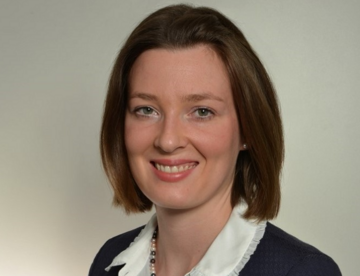Security and Transparency of Digital Processes
The research group investigates technologies that enable the secure and reliable support of digital processes, e.g. for process automation or automated process monitoring. The research group focuses on processes within businesses and public administration and investigates the tension between transparency and controllability as well as questions about the loss of privacy and creativity.
The rising use of digital infrastructures is causingtransformation in many areas of society. These digital infrastructures represent the basis on which various digital processes are executed. These digital processes form the backbone of companies in the private sector as well as public authorities and organizations. With the help of digital support for these processes, a wide range of opportunities arise to enable efficient and effective workflows. This applies to the implementation and control of routine processes as well as the rapid implementation of processes in crisis situations, such as vaccination, disease and test tracking in the context of the Covid 19 pandemic, the support of emergency forces, for example, during the flood disaster in the Ahr Valley or the organization of the accommodation of Ukrainian refugees.
A process refers to the totality of interrelated events, activities and decisions in which a number of actors and objects are involved in order to jointly achieve a higher-level goal. Digital processes are characterized by the fact that they are at least partially supported by one or more information systems. These can be provided within an organization or company or support collaboration across organizational boundaries. However, digital processes are not to be understood as purely technical processes; rather, they are socio-technical processes characterized by the fact that people coordinate their work with the help of information systems. Digital processes are subject to continuous change. Such changes can be planned and organized as projects, or unplanned and gradual. Planned changes are often developed with the help of business process management concepts. Various digital process technologies can be used for this purpose, i.e.techniques for process automation and for automatic process monitoring. These digital process technologies have a number of obvious advantages, but can also bring with them a number of as yet poorly understood potential problems such as loss of competence, loss of trust or loss of creativity, and new confidentiality requirements.
The following advantages are highlighted for process automation in the literature and known within practice: Automation often results in acceleration of processing time, lower transaction costs, higher quality of processing and resulting output, and sometimes also higher flexibility. Evidence of these positive effects can be found in work from the fields of business process management, operations management or hospital management. Negative effectives of digital process automation have been found in the field of engineering psychology, although these rarely consider the specifics of digital processes. An important example of a negative effect of automation is the loss of competence, meaning that people are no longer able to execute a process without the appropriate automation. This can also be accompanied by a loss of knowledge, so that the way the process works is simply no longer understood. Therefore, a loss of creativity is also to be feared. All of this poses significant risks to the security and agility of a digital process.
Automated process monitoring also holds opportunities. Techniques such as process mining and predictive process monitoring enable better transparency, comparability and controllability of digital processes. Corresponding positive effects have been extensively documented in case studies on the application of process mining techniques, e.g., within companies in the manufacturing industry, the financial sector, and the healthcare sector. There are also challenges in the areas of privacy and confidentiality. In this area, automatic process analysis techniques have been developed that are able to address certain privacy considerations. The development of such techniques is crucial to ensurethe confidentiality of personal data, and thus the trust of employees and citizens, but also to realize the benefits of detailed analytical insights into digital processes.
Against this background, the research group "Security and Transparency of Digital Processes" addresses the following research questions:
- What are the characteristics of secure digital processes?
- What are the effects of digital process automation?
- How does digital process monitoring affect knowledge, agility and innovation?
- How can process analysis techniques be aligned with privacy and confidentiality requirements?
Existing research on digital processes is currently strongly rooted within single disciplines. On the one hand, new analysis techniques are being developed in the field of computer science with the help of formal and engineering research methods. On the other hand, work can be found in the fields of organizational studies, sociology, and engineering psychology, which are strongly anchored in empirical observation. It is the goal of this research group to bring together concepts from the fields of computer science with those of organizational studies and engineering psychology. With the help of the results of this research group, we expect new theoretical and practical insights into how security and transparency of digital processes can be reconciled.
Research Group Member
Associate Researcher
-

Dr. Benedict Bender
Associate Researcher
-
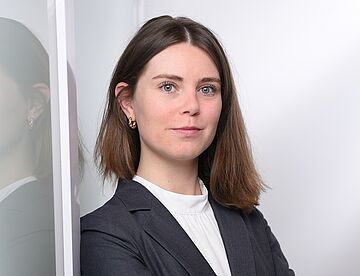
Jennifer Brettschneider
Associate Researcher
-

Cielo González Moyano, M.Sc
Associate Researcher
-

Shlomi Hod
Associate Researcher
-

Finn Klessascheck
Associate Researcher
-
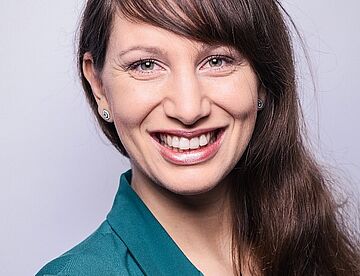
Prof. Dr. Luise Pufahl
Associate Researcher
-
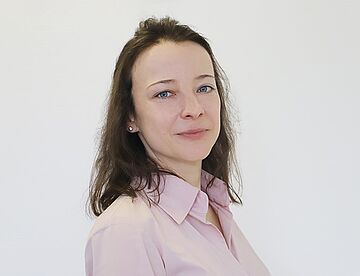
Aleksandra Revina
Associate Researcher
-

Christoffer Rubensson, M. Sc.
Associate Researcher
-
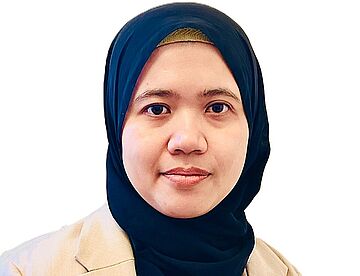
Rachmadita Andre Swari
Associate Researcher






